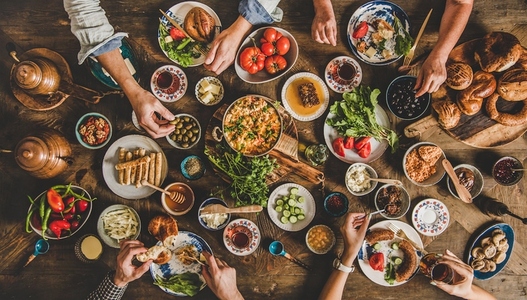This thoroughly sweet look at the grime artist and TV chef making a pilgrimage is that rarest of things – an intimate profile of being male and Muslim
There’s no one way to be a religious person. For some, it’s all about a deeply personal connection between you and God. For others, its value comes from how it places you within a larger community of like-minded believers. Either can bring comfort and meaning to a person’s life, and in the case of the grime musician and award-winning TV chef Big Zuu, he is fortified by both as he makes a pilgrimage to Mecca.
Big Zuu is a thoughtful and charming host who is able to find the heart and humour in even the most typically solemn moments. This hour-long BBC documentary follows him through Ramadan, where he is giving up his “sinful” ways – even as a committed Muslim, he loves the ladies, a bit of hash and the odd tipple. Despite being “westernised” and not the most pious of believers, he decides to go on the umrah pilgrimage to Mecca (in contrast to the hajj, this can be undertaken at any point in the year) to work out what Islam means to him. He is surrounded at most points by a small group of friends (his “mandem”) who are also Muslims and just as endearing as Big Zuu himself. For him, this experience isn’t about being a perfect, sin-free person. “This ain’t some fake religion documentary where I’m pretending to be some great Muslim and convert the world,” he tells us. Instead, he is sincerely trying to figure out his faith and become the very best version of himself.
The programme is filled with sweet moments, particularly when Big Zuu bonds and jokes around with other Muslims about what lies ahead. As he boards the plane to Mecca, a stranger tells him, “I’m really happy for you”. But before that he is teased at the barbers that he should come back with a Saudi wife – and that with a towel on his head he currently looks like one. That segues into Big Zuu considering what shaving his head for the pilgrimage really means to him. As a black man, his hair is integral to his identity, and he almost tears up when he recalls being told to keep it short by his teachers because it was distracting the white pupils.
There are other big questions. For one, the costs of the pilgrimage – the proceeds of which are paid directly to the Saudi government as a result of a post-pandemic system change – are, at £7,500 a person, astronomical. He wonders whether that money going to the Saudi royals is really the best use of those funds when he could, as a Persian shopkeeper advises him, just go home and work privately on the direct connection between “your heart and God”. The programme doesn’t skirt around the fact that this is a place that has been susceptible to corruption and that “Allahu Akbar” (God is great) is, sadly, for some too often associated with suicide bombing rather than its wider usage to commence prayers. But what makes Big Zuu’s pilgrimage a moving one is his ability to sincerely connect with his faith without flattening his identity as a proud black working-class west Londoner, or losing his sense of fun.
FULL ARTICLE FROM THE GUARDIAN (UK)



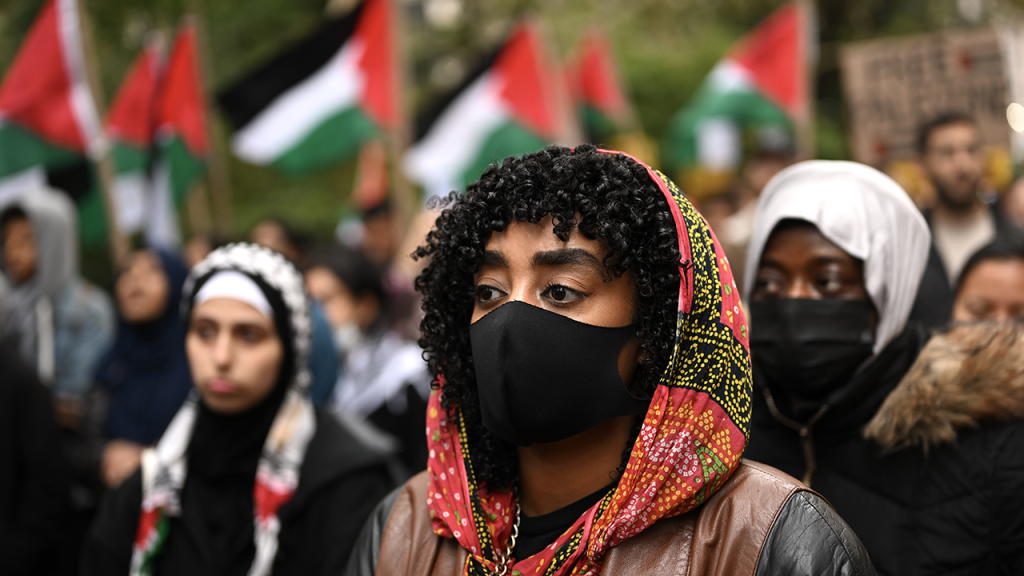
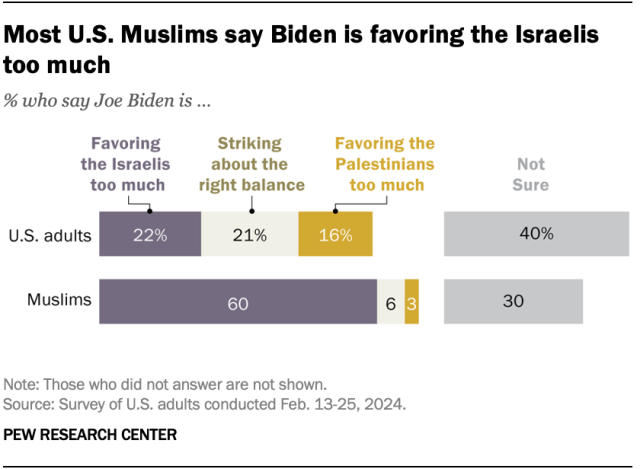
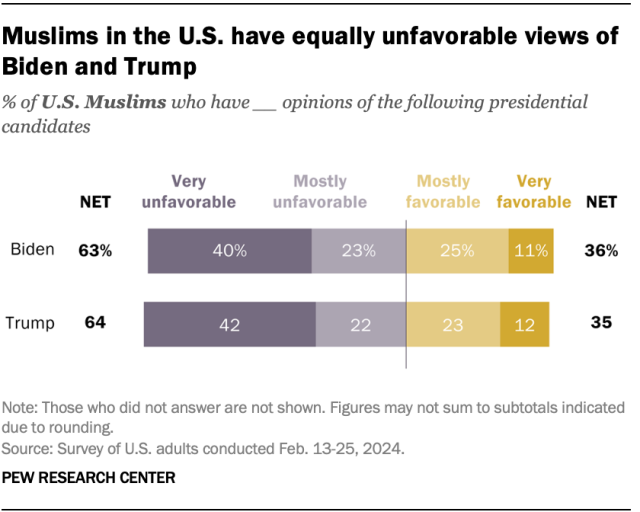

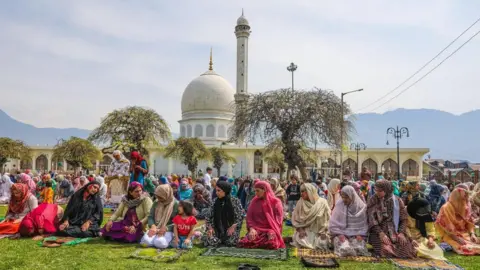 EPA
EPA

